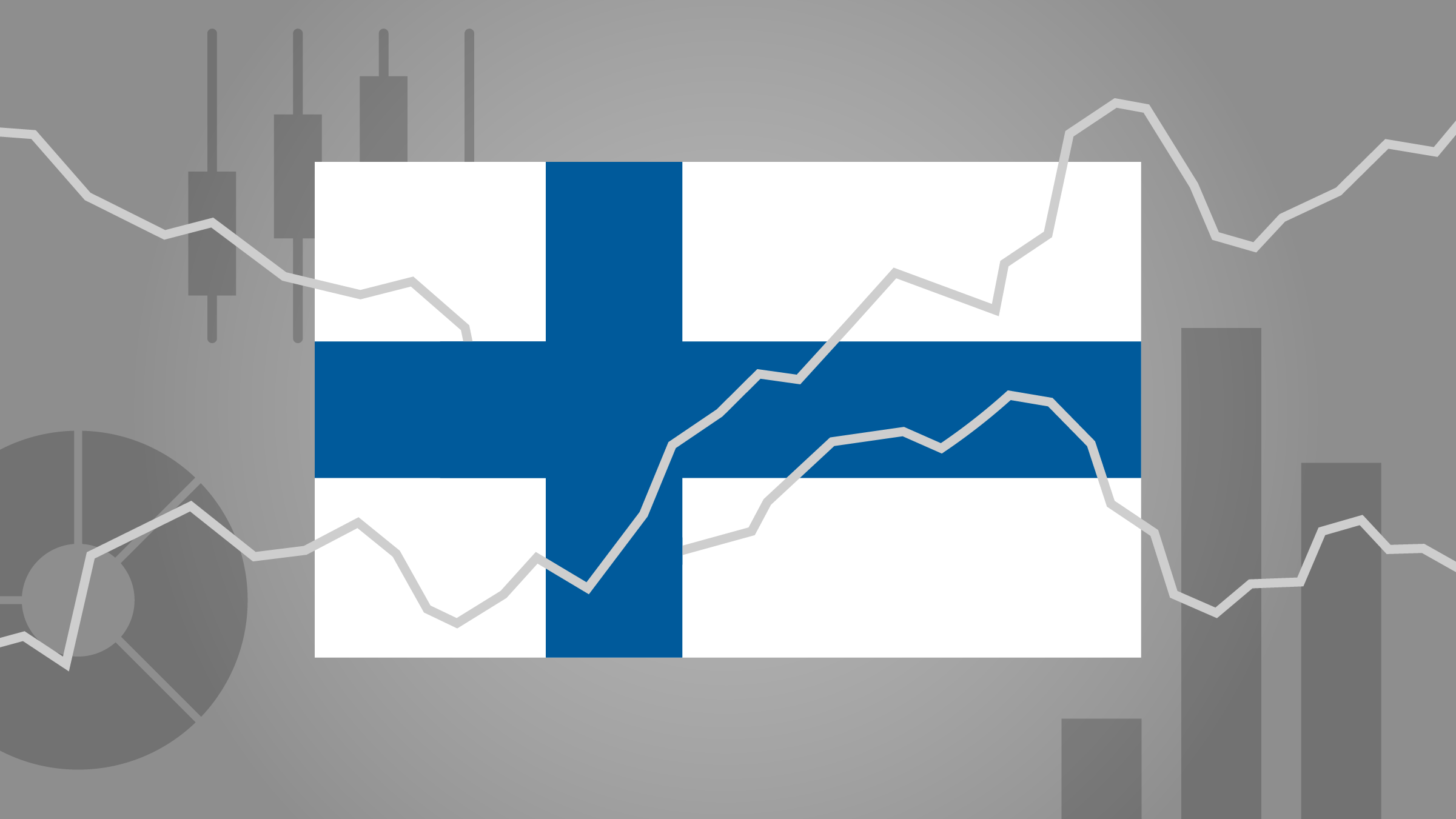Different people have different notions of what equity investing is all about. Before we go any further, we want to put things into focus and set you on the right path.
Investing does not equal trading
Your perception of equity investing may involve highly caffeinated,
frantic traders sweating in front of a half dozen computer screens
packed with information, while phones ring off the hook in the
background.
Feel free to dump these images from your mind, because solid equity investing is not about trading, having the fastest computers, or getting the most up-to-the-second information. Though some professionals make their living by creating a liquid market for stocks, actively "day trading" is simply not how most good investing is done by individuals.
Beyond having to expend an incredible amount of effort to track equities on an hour-by-hour basis, active day traders have three powerful factors working against them. First, trading commissions can rack up quickly, dramatically eroding returns. Second, there are other trading costs in terms of the bid/ask spread, or the small spread between what buyers are bidding and sellers are asking at any moment. These more hidden frictional costs are typically only a small fraction of the share price, but they can add up to substantial amounts if incurred often enough. Finally, frequent traders tend not to be tax efficient, and paying more taxes can greatly diminish returns.
Just as someone can be a great racecar driver without being a mechanical engineer, you can be a great investor without having a clue about how the trades actually get executed in the market. How your orders flow from one computer system to the other is of little consequence.
Just remember that investing is like a chess game, where thought, patience, and the ability to peer into the future are rewarded. Making the right moves is much more important than moving quickly.
Investing means owning businesses
If the mechanics of actual trading mean little, what does matter? Do
charts of share prices hold the answers? We've said it once, and we'll
say it again and again: When you buy equities, you are buying ownership
interests in companies. Equities are not just pieces of paper to be
traded.
So if you are buying businesses, it makes sense to think like a business owner. This means learning how to read financial statements, considering how companies actually make money, spotting trends, and figuring out which businesses have the best competitive positions. It also means coming up with appropriate prices to pay for the businesses you want to buy. Notice that none of this requires lightning-fast reflexes!
You should also buy equities like you would any other large purchase: with lots of research, care, and the intention to hold as long as it makes sense. Some people will spend an entire weekend driving around to different shops to save £60 on a television, but they put hardly any thought into the thousands of pounds they could create for themselves by purchasing the right stocks (or avoiding the wrong ones). Again, investing is an intellectual exercise, but one that can have a large payoff.
You buy equities, not the market
We've all seen the prognosticators on television, predicting where the
market is going to go in the future. One thing to remember when
listening to these market premonitions is that equity investing is about
buying individual stocks, not the market as a whole. If you pick the
right equities, you can make money no matter what the broader market
does.
Another reason to heavily discount what the prognosticators say is that correctly predicting market movements is nearly impossible. No one has done it consistently and accurately. There are simply too many moving parts, and too many unknowns. By limiting the field to individual businesses of interest, you can focus on what you can actually own while dramatically cutting down on the unknowns. You can save a lot of energy by simply tuning out market predictions.
We established in the previous lesson that stocks are volatile. Why is that? Does the value of any given business really change up to 50% year-to-year? (Imagine the chaos if the value of our homes changed this much!) The fact is, "Mr. Market" tends to be a bit of an extremist in the short term, over-reacting to both good and bad news. We will talk more about this phenomenon later, but it is nevertheless a good fact to know when starting.
Competitive positioning is most important
Future profits drive share prices over the long term, so it makes sense
to focus on how a business is going to generate those future earnings.
At Morningstar, we believe competitive positioning, or the ability of a
business to keep competitors at bay, is the most important determining
factor of future profits. Despite where the financial media may spend
most of its energy, competitive positioning is more important than the
economic outlook, more important than the near-term flow of news that
jostles share prices, and even more important than management quality at
a company.
It may be helpful to think of the investing process as if you were planning a trip across the ocean. You cannot do anything about the current weather or the tides (the current economic conditions). You can try to wait out bad weather that might sink your ship, but then you are also giving up time. And as we've already covered, time is a precious resource in investing.
The main thing you can control is what ship to board. Think of the seaworthiness of a ship as the competitive positioning of a business, and the horsepower of the engine as its cash flow. Some ships have thick, reinforced metal hulls, while others have rotting wood. Clearly, you would pick the ships that are the most seaworthy (with the best competitive positioning) and have the most horsepower (cash flow).
Though the ship's captain (company management) certainly matters, the quality of the ship is more important. On a solid vessel, as long as the captain does not mess up, there is not much difference between a good and a great captain. Meanwhile, there is nothing the best skipper can do if the boat's engine is broken and the boat is constantly taking on water (poor business). To relate this to stocks, business economics trump management skill.
It's also worth noting that all ships will experience waves (volatility). And though it is true that a rising tide lifts all ships, the tides have nothing to do with the quality of the boats on the sea. All else equal, a better ship is still going to arrive faster, and a company with the best competitive positioning is going to create the most value for its shareholders. We will talk about exactly how to spot the best ships in later lessons.
The bottom line
It is very easy for new equity investors to get started on the wrong
track by focusing only on the mechanics of trading or the overall
direction of the market. To get yourself in the proper mind-set, tune
out the noise and focus on studying individual businesses and their
ability to create future profits. In the coming lessons, we will begin
to build the skills you will need to become a successful buyer of
businesses.
















